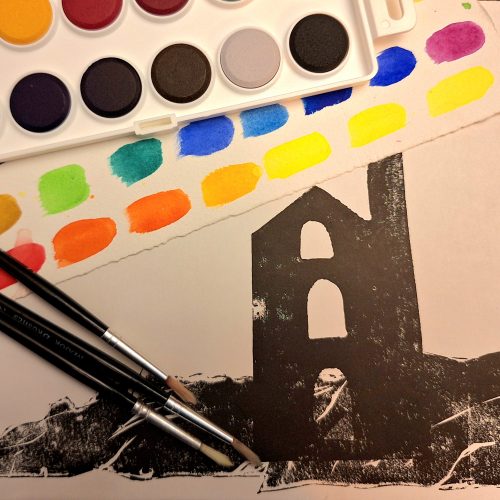Location: Classroom
About the course
A herbarium is like a time capsule made of plants – thousands of pressed and preserved specimens that tell the story of our planet’s plant life. The University of Cambridge curates one of the most significant of these, known to scientists as the University Herbarium (CGE). Among its more than one million specimens are plants collected by the man who transformed our understanding of life itself: Charles Darwin. But herbaria aren’t just about the past. They’re living, growing resources that support some of today’s most exciting research across many scientific fields. How are these plants collected, pressed and preserved to last for centuries? What botanical skills are needed to create scientifically valuable specimens?
Your tutor has travelled the world studying the great herbaria and collecting some of nature’s most challenging plants – from spiny giants to tough, long-lived succulents. She’ll show you how to read a plant to collect and press the perfect specimen and how to record the details and images that bring it to life. You’ll also follow the full journey of a herbarium specimen during a visit to the wonderful CGE – seeing how samples are mounted, digitised and added to the collection. And, of course, you’ll encounter historic specimens that form the very foundation upon which modern plant sciences stands.
About the tutor
Dr Ángela Cano is the Deputy Curator of Cambridge University Botanic Garden. Ángela studied Biology at the University of Los Andes (Bogota) graduating with a BSc degree in 2009. She did her master’s research in plant systematics and biogeography at the Conservatoire et Jardin botaniques de la Ville de Genève (Geneva) from 2010 to 2012. She gained a PhD degree in 2018 from the University of Geneva. Her doctoral thesis was titled “What can palm evolution in time and space say about the historical assembly of diversity in the Caribbean and Central America?”. Ángela has done intensive fieldwork in ten countries, exploring biodiversity hotspots as the Amazon, the Andes, the Caribbean, and the Richtersveld. Other than collecting plants in the wild to enrich the collections of the Cambridge University Botanic Garden, she oversees verifying the identity of the plants grown there. She also participates in the optimisation of curatorial processes involving living plants labelling and auditing, herbarium management, seed bank development, and databasing. She additionally teaches Tropical Botany and Plant Systematics. Her research topics include plant systematics, macroevolution, and biogeography, and she is a member of the Palms Phylogeny Working Group.
Bookings for this course will close on 15 October

Please take the time to read our course cancellations and refunds policy.
Please note that once this course has been filled, you can email education@botanic.cam.ac.uk to be added to a waiting list.




